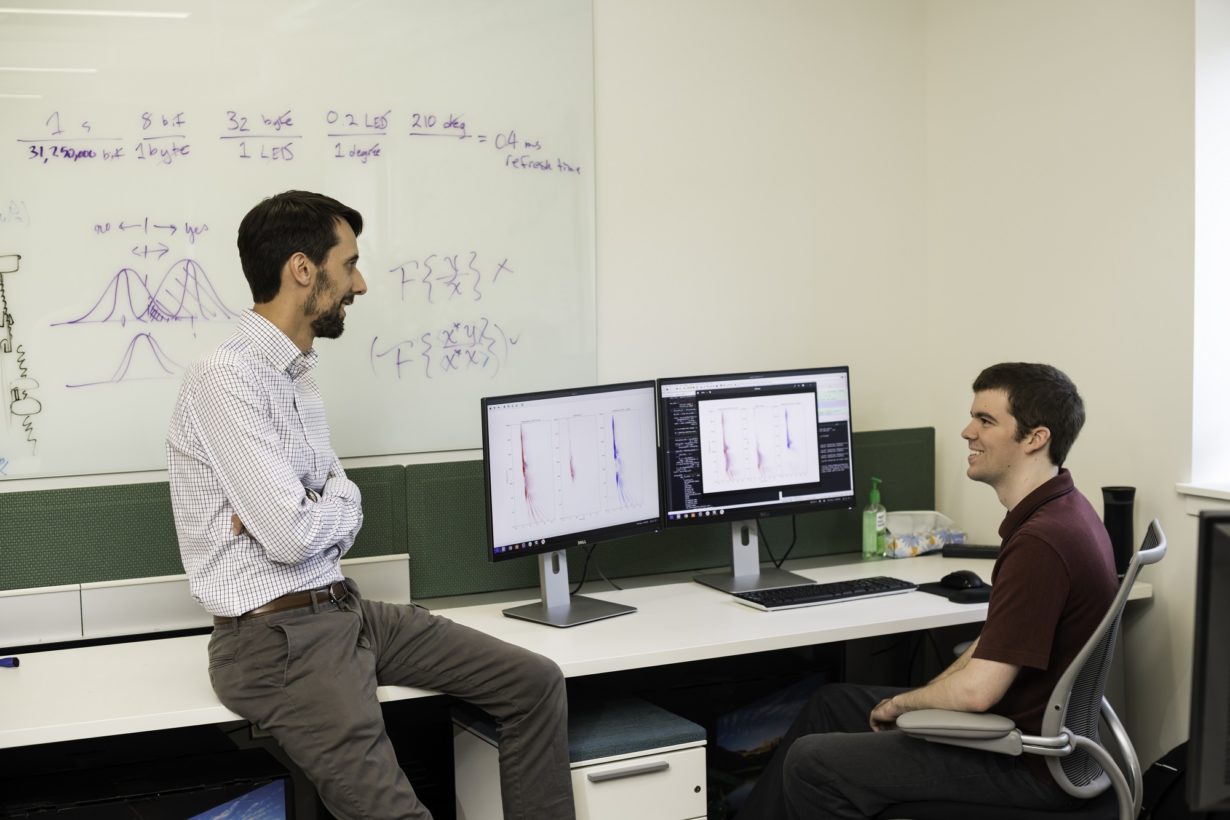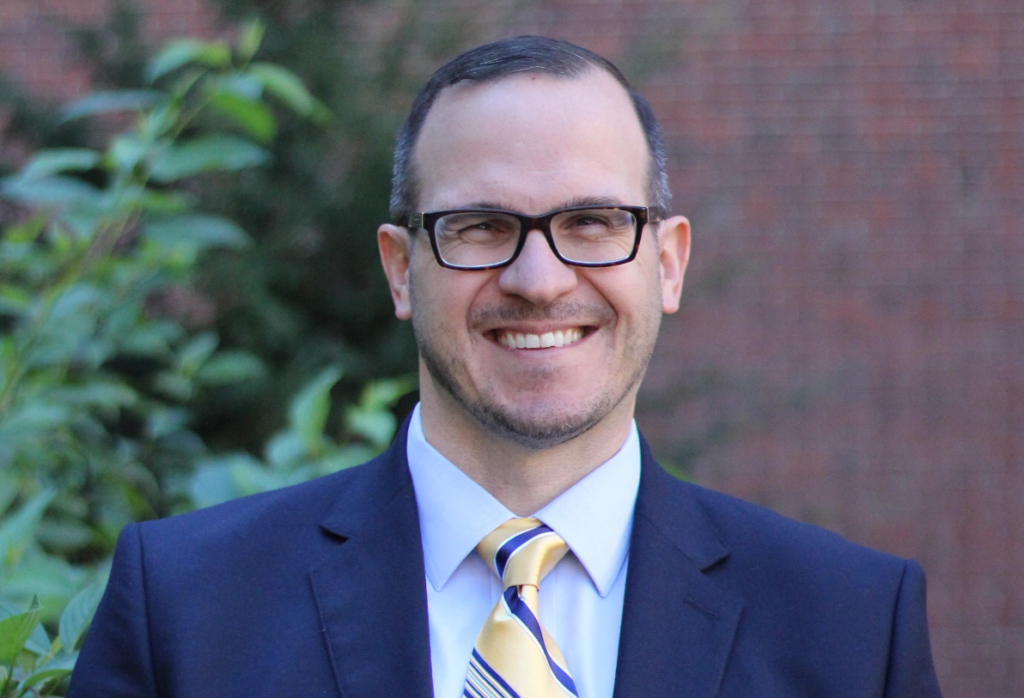Arts, Sciences & Engineering
Greene Center for Career Education and Connections

Resources to develop your professional skillset
Enhancing your career is an important consideration as part of your graduate education. The University of Rochester recognizes the unique career needs of its graduate students and postdocs, and provides personalized approaches to your career exploration in academic and industry fields. We’ve compiled some professional development opportunities below to consider during your time at Rochester.
Each of the University’s schools has career center supports for their students. Consider visiting the website for career support in your school of interest.
Greene Center for Career Education and Connections
Institute for Music Leadership
MyHub and URBest
Jay S. and Jeanne Benet Career and Management Center
Career Services
The Center for Academic and Professional Success (CAPS)
Our Postdoctoral Association page includes helpful policies and resources to support postdocs, and showcases how you can get involved.

our commitment to professional development
“The career education and development of our graduate students has become an even greater priority in recent years with renewed energy and resources dedicated to support students as they design their experiences at Rochester and beyond. We want to provide students with not only access to resources and opportunities but also a community of faculty, staff, advisors, alumni and peers who are committed to helping students find success in ways that are as diverse as the students who choose Rochester.”
—Joe Testani, Deputy to the President
The University of Rochester utilizes Handshake as our career connection resource. Handshake is a career connection tool that can be personalized to your career interests. Utilize Handshake to connect with career center resources, make appointments, view upcoming events, connect with students and employers, and apply for open positions.
Exclusive to the University of Rochester community, the Meliora Collective offers a space to make meaningful connections for personal and professional growth.
Join the Meliora Collective to network, connect and chat within the platform, become or find a mentor, and explore professional development opportunities.
There are a variety of alumni and current student groups on LinkedIn. Find links to your school’s group below.
Our Student Groups page includes a list of a variety of graduate-focused organizations and groups you can join.
As we continue to see a changing landscape in the hiring of graduate students in academic settings the University of Rochester is devoted to supporting students developing and applying for industry and alt-ac positions.
By providing personalized approaches, the University’s career supports can help you explore, develop skill-sets, and apply for positions outside of academia. Students have the opportunity to engage in programming, advising sessions, experiential and co-curricular learning opportunities and much more.
Explore links to these opportunities by school.
We have dedicated resources specifically for our postdocs and graduate students with an interest in teaching during their career.
Designed collaboratively by faculty from each of the University six schools, the Future Faculty Workshop aims to prepare the next generation of faculty, and to give our graduates a competitive edge in the academic marketplace.
Workshop sessions offer information and hands-on experience with faculty life not traditionally part of graduate curriculums, including academic career paths and multiple aspects of the teaching enterprise.
Academic support
Visit our Academic Resources page for more policies, forms, and helpful information throughout your academic career at the University.